Have you ever thought about the fact that bananas are technically berries, but strawberries aren’t? Or that peanuts aren’t actually nuts? These are just a few examples of how our everyday language and assumptions often don’t match up with scientific reality. In this blog post, we’ll explore some of these fascinating discrepancies.
The Berry Paradox
This might seem counterintuitive, but it’s all about botanical definitions. In botanical terms, a berry is a fleshy fruit produced from a single ovary. Bananas fit this description, but strawberries do not because they are derived from the receptacle that holds the ovaries, not the ovaries themselves.
It shows that the world is full of surprises and things aren’t always as they seem. It also underscores the importance of scientific inquiry and precision in understanding the world around us. Even something as simple as a fruit can challenge our preconceived notions and make us rethink our understanding.
Here are some more examples of fruits that aren’t what they seem:
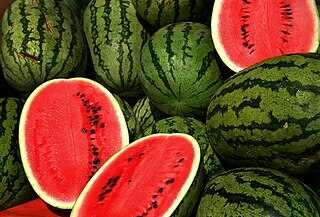
Watermelon: Despite its size, a watermelon is technically a berry because its seeds are spread throughout its edible flesh.
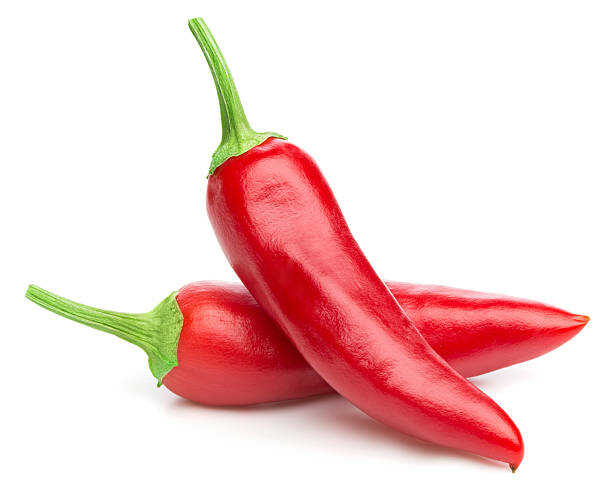
Chili peppers: Like a watermelon, chili peppers are also berries because their seeds are spread throughout.
Avocadoes: Although they’re not sweet, avocados are fruits because they are the fleshy product of a plant that contains seeds.
The Vegetable Misconception
While we often categorize certain foods as vegetables due to their culinary uses, botanically speaking, they are not vegetables.
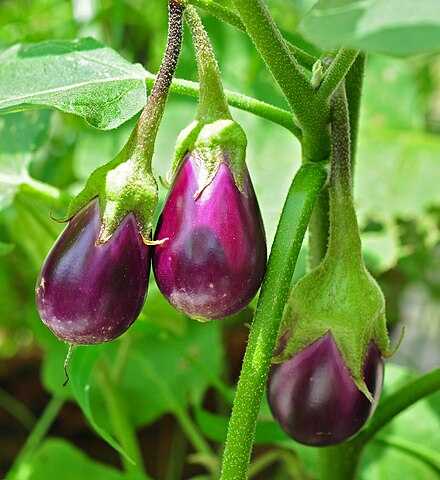
Eggplant: An eggplant is technically a berry.
Broccoli, Cauliflower, and Cabbage: These are not vegetables but flowering stalks.

Pumpkins: Despite being associated with vegetables, pumpkins are actually fruits because they grow on a plant and contain its seeds.
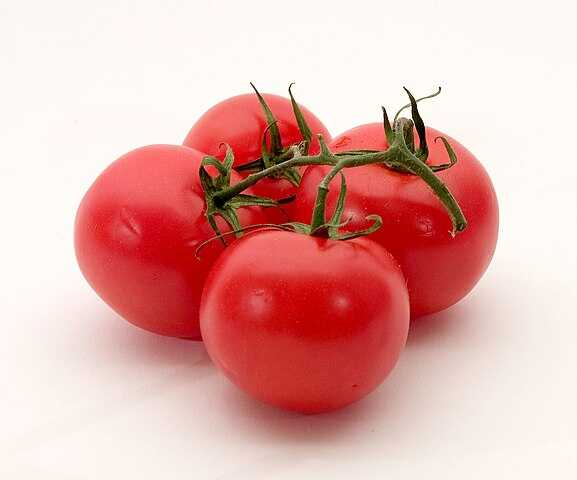
Tomatoes: Most people think of tomatoes as a vegetable because they are commonly used in savory dishes. However, botanically speaking, tomatoes are fruits because they develop from the ovary of a flower and contain seeds.
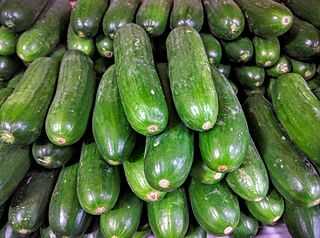
Cucumbers: Cucumbers are often thought of as vegetables, but they are actually a type of botanical berry, just like bananas.
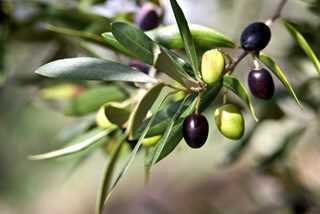
Olives: Olives are also fruits, not vegetables. They grow on trees, and are typically harvested and processed before eating.
Bell peppers: Bell peppers are technically fruits. Like tomatoes, they are commonly used in savory dishes, which leads to the misconception that they are vegetables.
The Fruit and Nut Confusion

Peanuts: Despite their name, peanuts are not nuts. They are legumes, like peas and lentils.
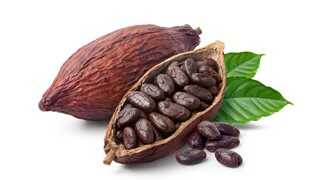
Cocoa beans: Even cocoa beans are not beans at all. They are actually seeds of a fruit.
These examples illustrate that our common language and assumptions often don’t align with botanical definitions. It’s a fascinating reminder of the complexity and diversity of nature. So next time you reach for a banana or a peanut, remember, things aren’t always as they seem!





